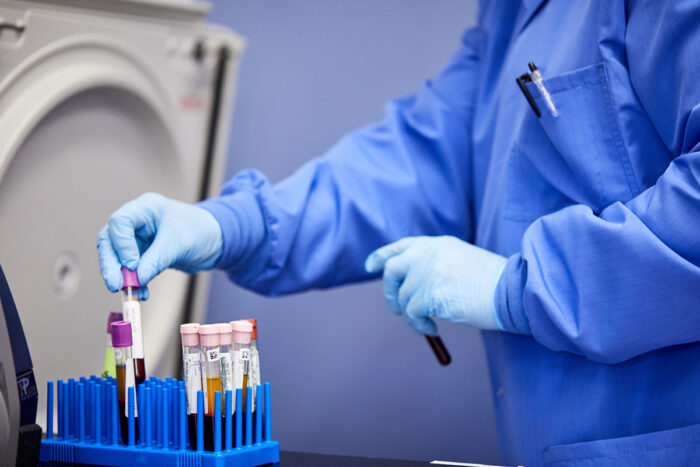Experts urge caution in interpreting COVID-19 antibody tests
False positive results are cause for concern
From the May 26, 2020 Washing University School of Medicine in St. Louis News Release

“There are two kinds of COVID-19 tests, and both are critical to controlling this pandemic. Molecular diagnostic tests, first developed in January, detect parts of the COVID-19-causing virus on swabs from people’s noses or throats. Such tests can identify people with active infections, even when they have no symptoms. With widespread and rapid diagnostic testing, people with the virus can be identified quickly and isolated, and anyone who came into contact with them quarantined and tested. Such surveillance and isolation measures can prevent a few cases from mushrooming into an outbreak.”
…
Why are antibody tests for COVID-19 important?
Farnsworth: Antibody testing is really helpful in monitoring how widely a virus has spread within a community. Such testing could help determine how many people have recovered from the virus, even if they never had symptoms. For many viruses, once about 70% of the population is immune – either because they have had a natural infection or, better yet, received a vaccination – infected people are less likely to encounter a susceptible person and give them the virus, so transmission goes down and the epidemic ends. That’s called herd immunity.”
…
If my antibody test is positive, does that mean I’ve had COVID-19 and won’t get it again?
Anderson: A positive test just means your body has produced antibodies in response to a past infection; it doesn’t tell us whether those antibodies will protect you from getting re-infected
…
Can antibody tests decide who can safely go back to work?
Farnsworth: Many people are anxious to get people back to work, but antibody tests may give some people a false sense of security. The problem is that even a highly accurate antibody test like the one we use in our laboratory has false positives and false negative
How should antibody tests be used?
Anderson: There have not been formal guidelines at the national or local levels regarding how exactly these tests should be used. And, in the absence of such guidelines, many people are anxious to get antibody testing. The way I look at such tests is that they’re a tool.…not … the sole source of information for decision-making.
Related Resources
- Coronavirus Disease 2019 – Test for Past Infection (CDC -US Centers for Disease Control and Prevention)
Outlines what results mean (positive or negativbe) and CDC’s work in antinbody testing - How do COVID-19 antibody tests differ from diagnostic tests? (Mayo Clinic)
Outlines 2 types of tests - What COVID-19 Antibody Tests Can and Cannot Tell Us
“Assays that detect prior novel coronavirus infections could reveal the extent of outbreaks. But they may give individuals false security” - COVID-19 (Johns Hopkins University)
Includes- Serology-based tests for COVID-19
This resource serves to provide up to date information on serology tests that are in development or available for use - Molecular-based tests for COVID-19
The diagnostic testing field for COVID-19 is rapidly evolving and improving in quality every day, with many tests focused on diagnosing patients with active viral infections. Read more about molecular-bases tests for COVID-19 here.
- Serology-based tests for COVID-19
